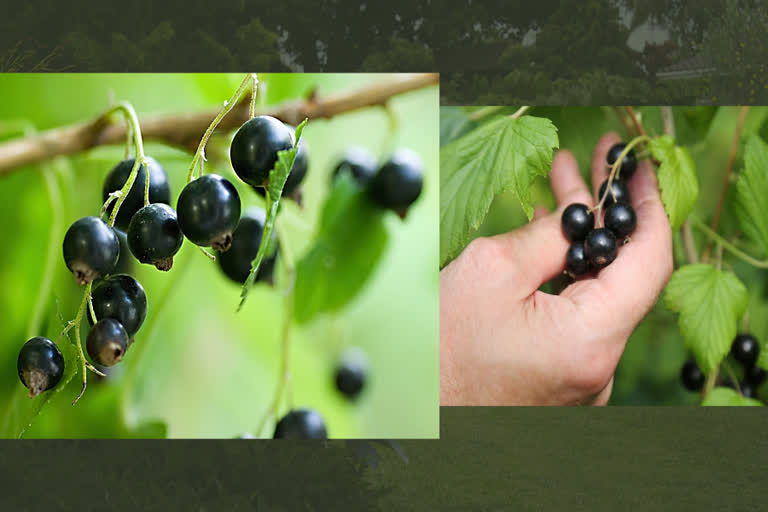New Scientist, UK: With the gardening net, and bamboo canes, one can prevent the blackcurrant bushes from the birds from stealing the crop.
Blackcurrants' weakness, though, is a potential vulnerability to climate change. If the winter isn't sufficiently cold for long enough, this interferes with flowering and leads to a smaller crop. "If they haven't received enough chill, they still think they're in winter," says Hamlyn Jones at the University of Dundee, UK.
Although the average temperature in the UK has risen by only about 1°C since the 1960s, winters have warmed more than summers. Plus, a small increase in average temperature tends to give a disproportionately large fall in the number of hours spent below 7°C, a common measure of how much winter chilling a fruit crop has had.
Fortunately, some varieties can get by with less winter chilling than others.
This year, commercial growers have seen the first harvest from a new variety called Ben Lawers, which has been bred to cope with warmer winters. You can see the "chilling hour" requirements for many varieties on the Agriculture and Horticulture Development Board website, for example, and it also lets you look up how many chilling hours different regions in the UK experienced last year.
